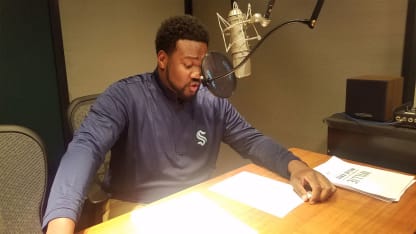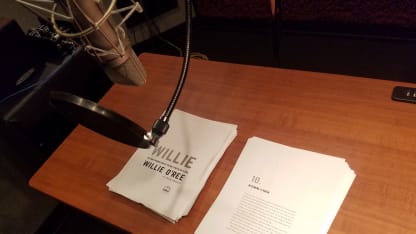Sixty-three years ago Monday, on Jan. 18, 1958, Willie O'Ree made history as the first Black player in the NHL when debuted as a 22-year-old with the Boston Bruins. O'Ree played two NHL games that season and another 43 with Boston in the 1960-61 season. He starred in the then-pro Western Hockey League, which was highly competitive due to only six NHL teams rostering players until the late 1960s.
Though O'Ree finally retired as a player at 43, he remains a prominent and effective advocate for inclusion in hockey across all levels of the sport. He was inducted in the Hockey Hall of Fame in 2018 as one of the game's greatest "Builders." The Bruins announced recently they will retire O'Ree's No. 22 jersey before a Feb. 18 home game against New Jersey. All NHL players will be wearing a Willie O'Ree celebratory decal on their game helmets starting with this past Saturday's games through the end of February to celebrate Martin Luther King Jr. Day, Black History Month in February and O'Ree's central role in growing the game.
Giving Voice to Hockey History
Kraken team broadcaster Everett Fitzhugh shares his thoughts and emotions about the honor of narrating the audio-book version of Willie O'Ree's new autobiography about being the NHL's first Black player




















